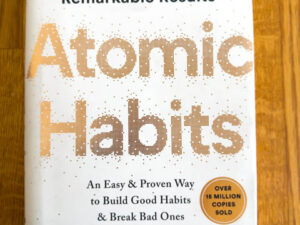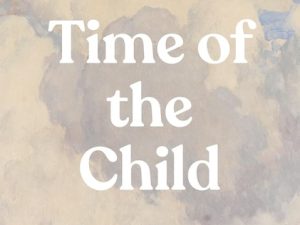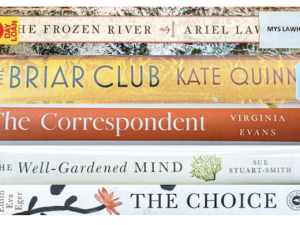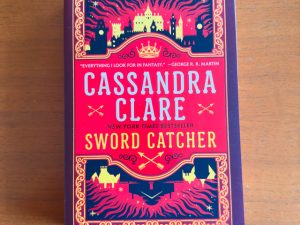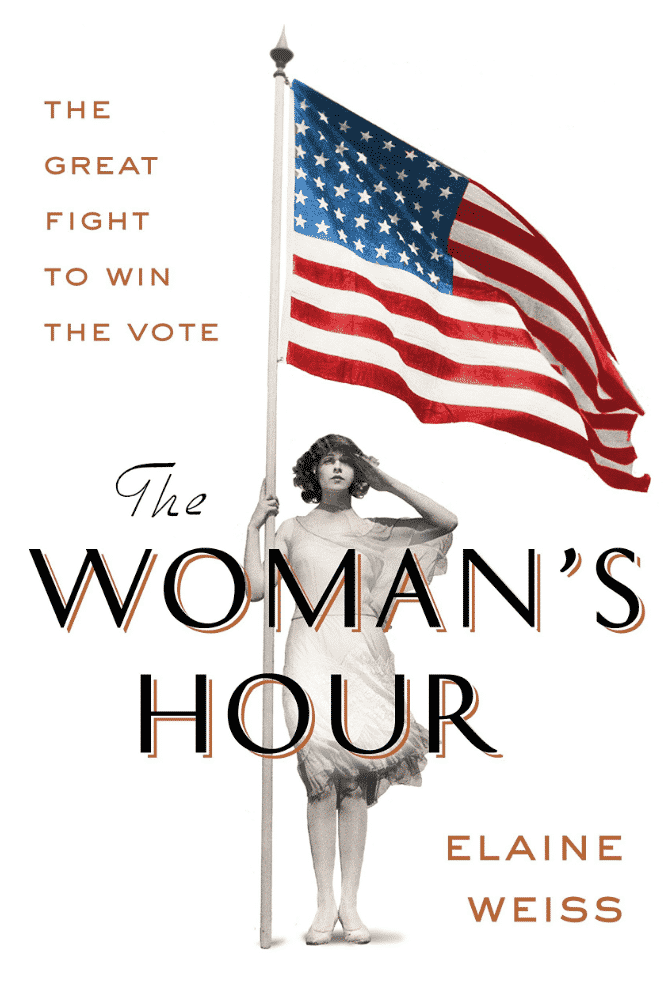
This is historical nonfiction at its best. Full of detail and paced like a page-turner, it starts slower but then imperceptibly speeds up until it is galloping toward it’s down-to-the-wire conclusion. The research here is astonishing in its depth and breath, but is served well by clear writing, and unabashed frankness. I learned a lot and give this book five stars. People on my Christmas gift list will be receiving it!
This book chronicles the ratifying of the 19th amendment, for the women’s right to vote in the United States, back a hundred years ago this year. It was a seventy year long fight, and it all came to a head in the last state needed for ratification: Tennessee.
There were a lot of things in play. Two different suffragist groups, the moderates (called the Suffs) and the radicals (prison huger strikes etc; called the Woman’s Party). But then there were the Anti’s, who remarkably were also women, some ironically very empowered and liberated ones, which fought to keep a woman’s place limited to hearth and home, impotent over her lot in the world.
Add to that two inept (male) Presidential candidates, plus the “negro question” (a large part of the Anti’s concern was explicitly and blatantly to maintain white hegemony, while contrariwise, the suffragists were avid abolitionists). Then there were the concerns about prohibition, since the “wet” candidates worried that women were more likely to vote “dry.” And then, business owners were against women getting the vote, because they were likely to vote down child labor, which was where they made their biggest profit. Some said that women were unstable and volatile each month because of their periods, so could not be trusted to vote. Others said it went against the Bible and their way of life, or that women shouldn’t be tainted by politics. Not to mention corruption and the buying of votes…
All these factors came together in a chaotic confluence in Tennessee, with the outcome tenuous at best. We as the reader know how it ends and that does not diminish in any way the building suspense for how it could possibly work out. It is interesting too that in so many ways, our issues a hundred years later are not that different.
One is left with a reverence for the vote, and deep gratitude for the countless people (three generations worth) that made it their life work to bring about the vote for women. When I look at the extremely low rate of voter turnout in this country, I especially wish more people would value what it took to be able to vote, and would consider voting the solemn responsibility that it is.
And now I want to read a biography of Frederick Douglas! He comes out looking very good in this, while Elizabeth Cady Stanton, and Susan B. Anthony, not so much.
I listened to this book on audio, and thought the audio version was very well done. Either in print or audio, I recommend reading The Woman’s Hour. You’ll be glad you did.
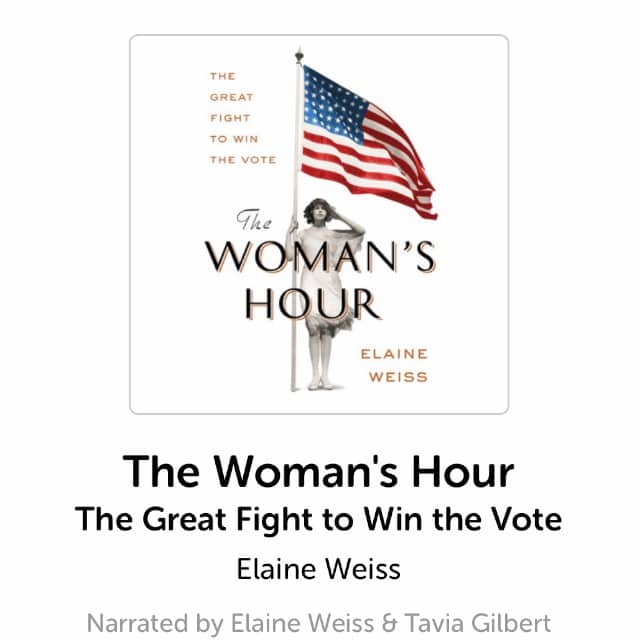
6 Comments
-
Sold!
-
Sounds interesting!
My mum always maintained that she would have been a suffragette if she had been around at that time, to fight for women’s right to vote in the U.K. So I am duty bound to vote on those grounds!
Like you I feel frustrated when I hear of low turn out to vote, as so many fought for this right.
You may be interested to hear episode 36 “RECLAIMING VIDA GOLDSTEIN – super star of women’s suffrage”, on the Mary Baker Eddy Library website.-
Author
Thanks. I’ll check it out.
-
-
I have just started this book and am really loving it! Thank you so much for recommending it.
I love the idea in Chet Manchester’s article in this month’s CS Journal that we are spiritual revolutionaries- it helps to know we are making our own contribution.
-
Author
Lovely thought!
-
Pingbacks
-
[…] 1. The Women’s Hour […]
